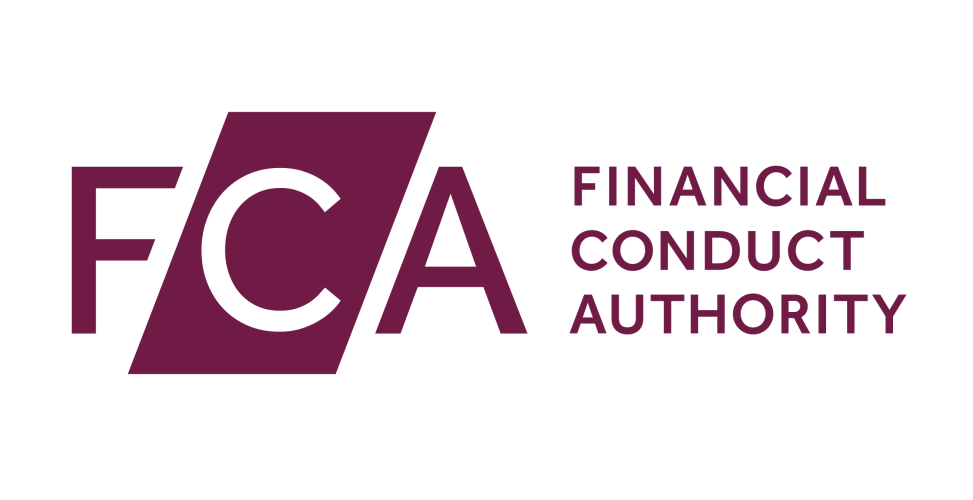
The FCA’s assessment of the motor finance industry has, so far, been relatively benign – but some issues remain under scrutiny. So what do lenders still need to keep an eye out for? Lorenzo Migliorato writes.
Any lending sector that sees intensive growth in consumer demand is bound to get on the radar of the Financial Conduct Authority (FCA), and motor finance has been no exception.
So far, industry players seem to have taken the scrutiny in stride, and the watchdog’s assessment has, overall, been positive. But what elements are still under its radar? And what should lenders be paying close attention to?
DEALER INCENTIVES
Despite mediatic focus on risky residualvalues assessments over the past year, the FCA found no reason to conclude that lenders were mispricing risk.
“We found that the asset valuations and risk management processes at [lenders] appear to be robust,” the watchdog’s motor finance review update in May read. “The firms were able to show that they had appropriate strategic plans in place in the event of a fall in vehicle price, and their approach to managing credit risk appears to be appropriate.”
Rather than the finance houses themselves, the FCA’s focus was on dealer-brokers. The watchdog’s main concern in an otherwise staid review was around dealer incentives, based around the funder’s suggested financing rate and the one that is actually written at POS.
How well do you really know your competitors?
Access the most comprehensive Company Profiles on the market, powered by GlobalData. Save hours of research. Gain competitive edge.

Thank you!
Your download email will arrive shortly
Not ready to buy yet? Download a free sample
We are confident about the unique quality of our Company Profiles. However, we want you to make the most beneficial decision for your business, so we offer a free sample that you can download by submitting the below form
By GlobalDataThe FCA wants to make sure certain incentive arrangements do not result in consumers being charged a higher price in order for the dealer to get a bigger cut. In a sense, this is a continuation of the FCA’s wider work on brokers across all sectors: in July 2017, the watchdog warned that a number of financial services firms with “high risk” remuneration practices were “likely to encourage high-pressure sales or collections”
MANAGEMENT VETTING
A perceived lack of individual indictments in the wake of the financial crisis and PPI-like mis-selling controversies left a bitter taste in the financial services customer base, and the FCA has been trying to take remedy with the Senior Managers and Certification Regime (SM&CR).
All regulated firms are now set to move under the regime, meaning directors – even those previously classified simply as ‘approved persons’ – will be held accountable for their firms’ practices and actions.
The FCA seems set to take the scrutiny of individuals behind companies one step further: it is currently consulting on the introduction of a financial services register – a directory cataloguing the professional history, position and status of financial services workers.
The FCA has already published a prototype version of the directory on its website. While motor finance has not seen a misselling scandal like PPI, it does not mean it will not one day have to get to grips with an expanded set of redress tools at customers’ disposal, like any other consumer finance sector.
The Financial Ombudsman Service (FOS), whose powers and remit are set by the FCA but is otherwise independent in its activities, saw a 40% jump in consumer credit complaints between 2016-2017 and 2017-2018.
Some 35% of complaints involved HP agreements – on any kind of asset, not just cars – up from 26%. For better or worse, consumers are increasingly aware of their rights to redress, and will make full use of them.
REPUTATIONAL BLOW
The Ombudsman suffered a reputational blow following a Channel 4 exposé documenting mishandling of cases, and the internal review that followed, whose findings were made public in July.
As it turned out, the FOS had essentially crumbled under the inflow of PPI complaints over the past few years. The reviewer, Richard Lloyd, suggested to Parliament’s Treasury Committee that for future mis-selling controversies, it might be useful for the FCA to mandate redress schemes on the part of companies, rather than have each customer affected pursue the individual complaint route – and bring FOS workers to breaking point time and time again.
The motor finance and leasing sectors have, so far, been acting ahead of the regulator, and made sure to explain their business in transparency when the FCA came knocking on their door. But it cannot be excluded that, one day, they may have to accept the FCA’s ability to enforce redresses – either for the sector specifically, or as part of an issue that affects the consumer finance industry as a whole.







